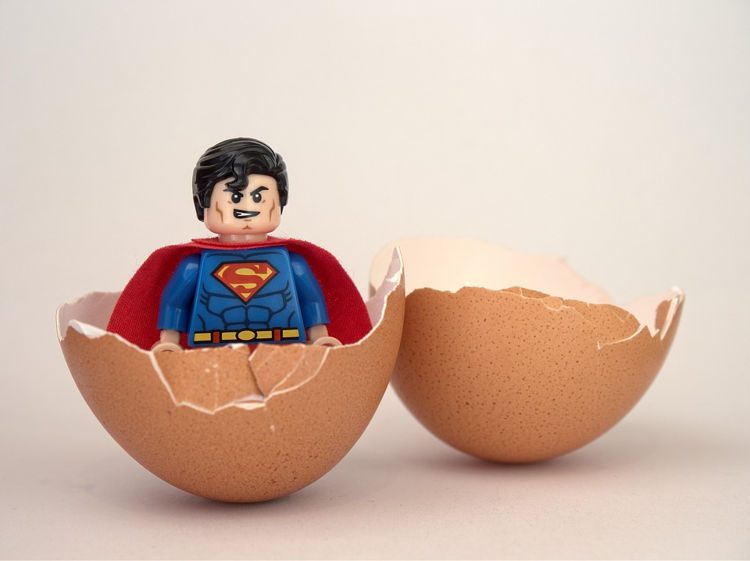Chinese researcher He Jiankui recently shocked the entire world after revealing that he had altered the DNA of twin girl before birth, to make them immune to the HIV virus and AIDS. If his claims prove to be true, these twins would be the world’s first genetically-edited babies.
Professor He revealed his controversial genetic editing work earlier this week. In a video posted on YouTube, he claims to have used gene-editing tools to eliminate a gene called CCR5 in order to make a pair of twin girls, called Lulu and Nana, resistant to the HIV virus, should they ever come in contact with it. Speaking at a genome summit in Hong Kong, on Wednesday, the Chinese scientist defended his work and talked about the stigma attached to HIV/Aids in China. However, many of his peers believe that He Jiankui has gone too far, warning that meddling with the genome of an embryo could cause long-term problems not only for the individual, but entire future generations.

Photo: aitoff/Pixabay
“If true, this experiment is monstrous. Gene editing itself is experimental and is still associated with off-target mutations, capable of causing genetic problems early and later in life, including the development of cancer,” Prof Julian Savulescu, an ethics expert at the University of Oxford, told the BBC. “This experiment exposes healthy normal children to risks of gene editing for no real necessary benefit.”
In a planned presentation at the Hong Kong summit, Professor He explained that he used a technique called Crispr-Cas9 to eliminate the CCR5 gene in several human embryos created through ‘in vitro fertilization’ (IVF) for families with HIV positive fathers. The DNA changes were meant to mirror a natural mutation identified in a very small percentage of people which makes them immune to the HIV virus.
However, He’s presentation was described as too vague by many of the scientists present at the genome summit, and while many of them believe that he actually did what he claims, what exactly he did, how he actually did it, and who knew about it, remains a mystery.
The Southern University of Science and Technology in Shenzhen, where Professor He Jiankui works, has denied any knowledge of his controversial work, and the scientist himself confirmed that he carried out the project independently, and even funded it himself. The university revealed that He had peen on unpaid leave since February and announced that it has started an investigation into his work.
Both twins were born with the genetic modifications made by He, but they are otherwise in good health, the scientist claimed. He added that there were plans to monitor the girls over the next 18 years to see if and how the CRISPR genetic editing affects them. That didn’t stop most of the world’s genetic scientists from criticizing him.
“It is impossible to overstate how irresponsible, unethical and dangerous this is at the moment,” said Kathy Niakan, a scientist at the Francis Crick Institute, in London,” told The Guardian. “There was a worrying lack of oversight or scrutiny of his clinical plans before he started human experiments and a complete lack of transparency throughout the process.”
“We know very little about the long term effects, and most people would agree that experimentation on humans for an avoidable condition just to improve our knowledge is morally and ethically unacceptable,” Dr Yalda Jamshidi, an expert in human genetics at St George’s, University of London, said.
But despite all the criticism, He Jiankui defended his work and even declared himself proud of the result.
“I truly believe that, not only for this case but for millions of children, they need this protection since an HIV vaccine is not available. For this case I feel proud,” he said.






